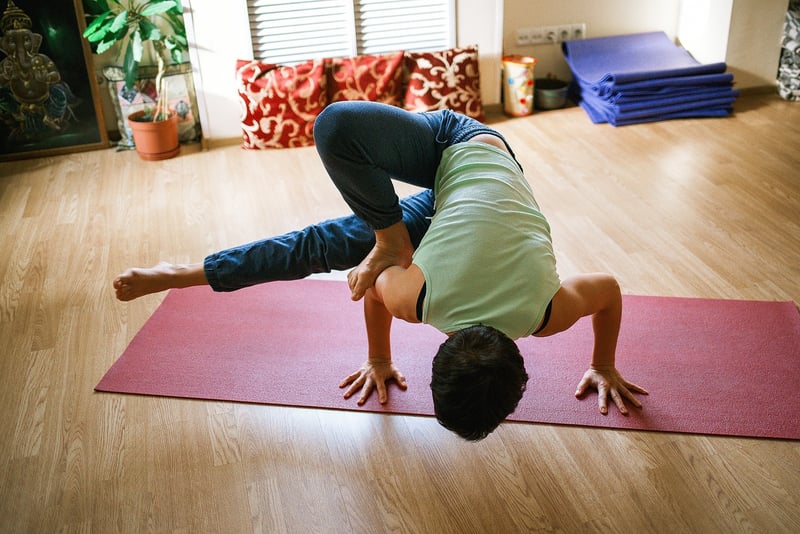Restorative Yoga
Physical and Mental Wellness through Yoga Practices + Restorative Yoga
The Benefits of Yoga for Physical and Mental Health
Yoga is an ancient practice that offers numerous benefits for both physical and mental well-being. Regular yoga practice can improve flexibility, strength, balance, and posture. It also helps reduce stress, anxiety, and improve mental clarity and focus.
Types of Yoga Practices
There are various types of yoga practices, each with its own focus and benefits. Some popular forms include Hatha, Vinyasa, Ashtanga, and Restorative Yoga.
Restorative Yoga
Restorative Yoga is a gentle form of yoga that focuses on relaxation and rejuvenation. It involves holding poses for extended periods, typically using props like blankets, bolsters, and blocks to support the body. This practice helps activate the parasympathetic nervous system, promoting deep relaxation and stress relief.
Benefits of Restorative Yoga
- Stress relief and relaxation
- Improved sleep quality
- Enhanced flexibility and mobility
- Calming the mind and reducing anxiety
- Relief from chronic pain and tension
How to Practice Restorative Yoga
- Find a quiet and comfortable space
- Gather your props (blankets, bolsters, blocks)
- Select a few restorative poses to practice
- Hold each pose for 5-10 minutes, focusing on deep breathing
- Release tension and relax into each pose
Sample Restorative Yoga Poses
Here are a few restorative yoga poses you can try:
- Supported Child's Pose
- Legs Up the Wall Pose
- Supported Bridge Pose
- Reclining Bound Angle Pose
Conclusion
Integrating yoga practices, including Restorative Yoga, into your routine can have a profound impact on your physical and mental well-being. Take time to explore different types of yoga and find what works best for you. Remember, consistency is key to experiencing the full benefits of yoga.

Start your journey to a healthier and more balanced life with the healing power of yoga!
